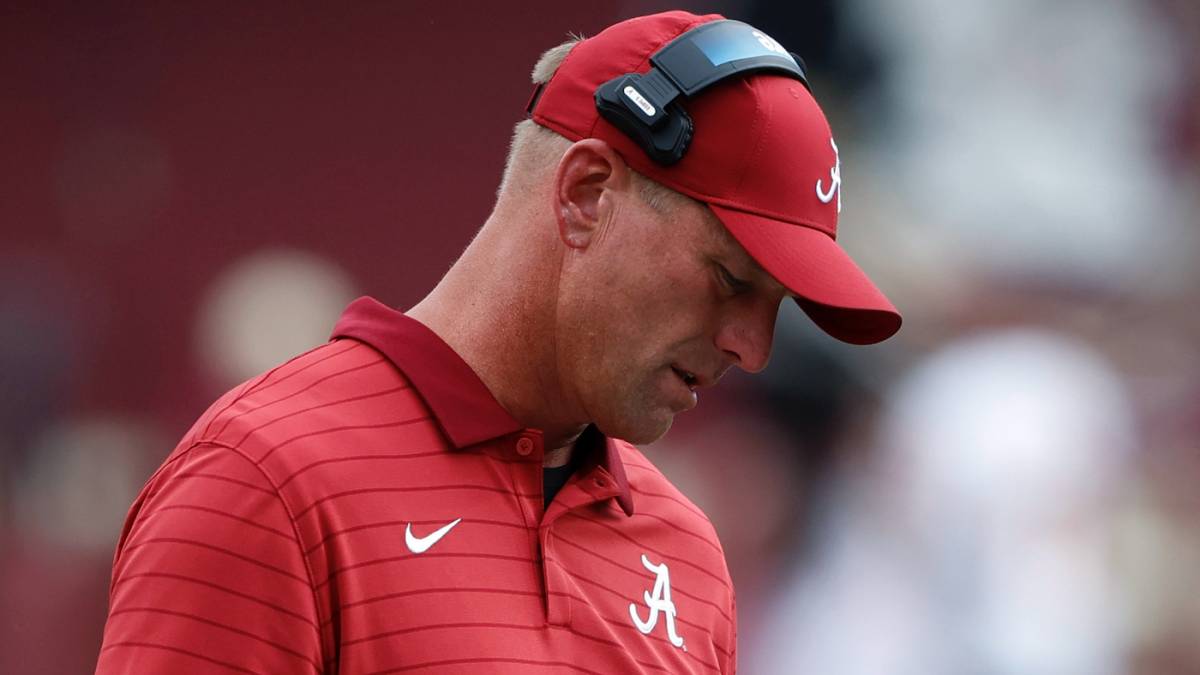Alabama could spend $63 million to feed hungry kids or improve schools throughout the state. But it will most likely spend it to buyout Kalen DeBoer for the sin of losing one football game instead
Why it matters
- Alabama has the opportunity to invest $63 million into critical programs for children and educational improvements.
- The state is at a crossroads, forced to prioritize financial support for a football program over pressing social issues.
- The decision reflects broader concerns about how states allocate funding and the value placed on sports versus education and child welfare.
In Alabama, a considerable financial decision looms over the state as leaders contemplate the allocation of $63 million. This significant sum has the potential to address pressing issues, such as combating child hunger and enhancing the educational infrastructure across Alabama. However, recent reports indicate that the majority of these funds might be directed towards a controversial buyout of Kalen DeBoer, the head football coach, following a disappointing season that saw the team lose a single game.
Critics are raising alarms about the moral and ethical implications of prioritizing sports funding over essential services for children and public education. With many families in Alabama struggling to provide basic necessities for their children, the idea of diverting millions to remedy a football team's setbacks raises questions about the values that guide state expenditures. The current discourse underscores a broader trend in which sports often receive disproportionate attention and funding compared to educational needs and child welfare initiatives.
State officials have indicated that the funds could be utilized to expand meal programs aimed at ensuring that children do not go hungry, particularly in underserved communities. According to various studies, child hunger is not just a nutritional issue but also a significant barrier to educational achievement. Children who experience food insecurity often struggle with concentration and performance in school, which can lead to long-term negative outcomes. Investing in feeding programs could drastically improve the lives of countless children and set a foundation for a more productive future.
Moreover, the potential enhancement of educational facilities through these funds could translate into improved learning environments. Upgrading school infrastructure, providing necessary resources, and supporting after-school programs could yield substantial benefits for students across Alabama. The state’s educational system, already facing challenges such as underfunding and overcrowding, could greatly benefit from such an investment.
On the other hand, the prospect of using a large portion of this funding for a football buyout highlights the complicated relationship between sports and state funding. College football, particularly in the Southeast, is not just a pastime; it is a cultural phenomenon that generates significant revenue and passion among fans. However, this raises the question of whether the excitement and revenue generated by college athletics should take precedence over the immediate needs of children and educational institutions.
Supporters of the football program argue that successful athletic programs can enhance school pride and community spirit, potentially leading to increased enrollment and support for the institution as a whole. But as Alabama debates its priorities, many are calling for a reevaluation of what truly matters. The long-term benefits of investing in youth and education could potentially outweigh the temporary boosts in morale that come from a well-performing football team.
The decision at hand is emblematic of a larger issue faced by states across the country, where funding for sports often overshadows critical investments in education and social services. As Alabama lawmakers weigh their options, they find themselves in a position that could either reflect a commitment to the future of the state's children or a preference for maintaining athletic prestige at the expense of social responsibility.
Ultimately, how Alabama chooses to allocate these funds will set a precedent for future decisions regarding state investments. It will also serve as a barometer of the values that the state holds. Will Alabama prioritize essential services that support its most vulnerable citizens, or will it reinforce the notion that sports are a worthy expense, even in the face of pressing societal needs? The state’s decision will likely resonate far beyond its borders, influencing how other regions approach similar challenges in balancing sports funding with essential public services.











